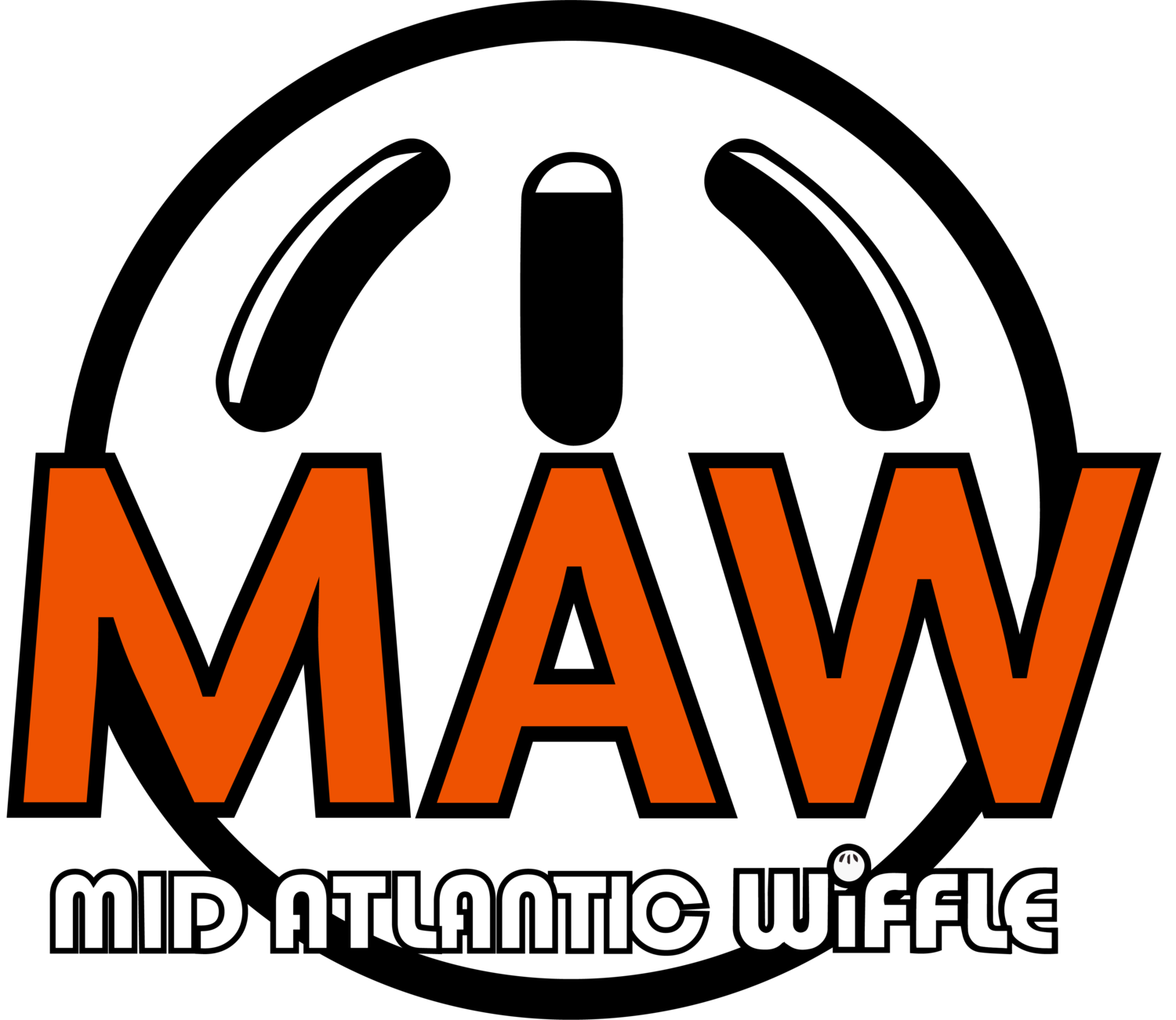Tomorrow evening, Chris Schrock will be interviewed on WROC’s Fast Plastic Radio. Billy Owens prefaced the announcement on last Wednesday's show by stating that “99.9 % of you don’t know who this is”, which is admittedly not the typical way to sell an interview (“Come listen to this guy you never heard of!”). It is, however, accurate. Schrock’s relative anonymity should not scare listeners away. In fact, it is precisely why you should listen to the show. Schrock and the team he played on are an important and interesting - if not vastly underappreciated - part of the history of our game.
In the lineage of this particular brand of Wiffle Ball, which includes the mid-90’s North American Champions in Cincinnati, the New Jersey Wiffleball Association, the USPPBA, Fast Plastic, and current organizations like Palisades WBL and Mid Atlantic Wiffle, Rick Ferroli’s World Wiffleball Association (“WWBA”) is considered the starting point. The organization’s 1989 National Championship is generally considered to be the first genuine national tournament. The 1989 tournament champions (The Hanover Orioles) are considered by some – myself included – to be the first national champions of the sport.
In the second year of the WWBA National Championship tournament, the Zoo Crew from Hamilton, Massachusetts entered the event in Waltham and by their own words “just walked through it” on the way to the title. The following year, the team captured the championship again, but this time among fiercer competition. At the 1991 tournament, the Zoo Crew’s path to the title included a 3-1 first round victory, a 1-0 extra-inning second round victory, and a narrow 2-0 defeat over Bruce Chrystie’s Orangemen squad in the finals. In winning the title for a second straight year, the Zoo Crew became the first two-time National Champions in history, an accomplishment that only two other teams have managed in the years since (Team Trenton 1995-1997, Arizona Vipers 2002-2003).
Although he was not the Zoo Crew’s best player – that accolade belongs to two-time WWBA National tournament MVP Mike Story – Chris Schrock was the most prolific member of the championship team. At the time of the 1991 tournament, Schrock was an inside and outside linebacker – as well as the punter – for the Boston University football team. After graduating from Boston University, Schrock spent some time as a punter in both the Denver Broncos and Philadelphia Eagles organizations, although it appears he never made the active roster on either team.
From the little that is publicly out there about the Zoo Crew, we know that they were a colorful and intimidating team. Their unique uniforms (Hockey jerseys! Wool caps!) were chosen specifically so opposing teams would believe they were off their rockers. “You’ve got to question our IQ when you see us,” Schrock told the Boston Globe’s Bob Ryan. “People say, ‘You out on furlough from Cedar Junction?’ But that’s the image we want – escaped convicts, psychos, nut cakes.” With three of the four team members standing over 6-feet tall and weighing more than 200 pounds, it wasn’t as if the unique uniforms were necessary to strike fear in the hearts of opponents.
If you are someone who believes that the game of thirty or twenty years ago was a prehistoric version of what we have now, think again. In winning back-to-back titles, the Zoo Crew had to contend with teams and players who went on to make a huge mark in the sport for the rest of the 1990’s and into the 2000’s. Among Schrock and the Zoo Crew’s peers at the 1990 and 1991 WWBA tournaments were Mike Palinczar, Fred Bastedo, Jerome “The Legend” Coyle, Darren Bone, Dan Cryan, Mike Soltesz, and Bruce Chrystie. Anyone that saw those guys play – even past their primes – understand that Schrock and the Zoo Crew went up against legitimately talented players in winning their championships.
Schrock can potentially offer interesting insight into the sport’s first dynasty team, the sport’s first true national organization, the early days of players we remember, and the early days of players we have possibly never heard of. For those reasons and more, do not sleep on this interview tomorrow evening. It holds the potential to be a rare glimpse into an era of the game that often does not get the attention it deserves.
